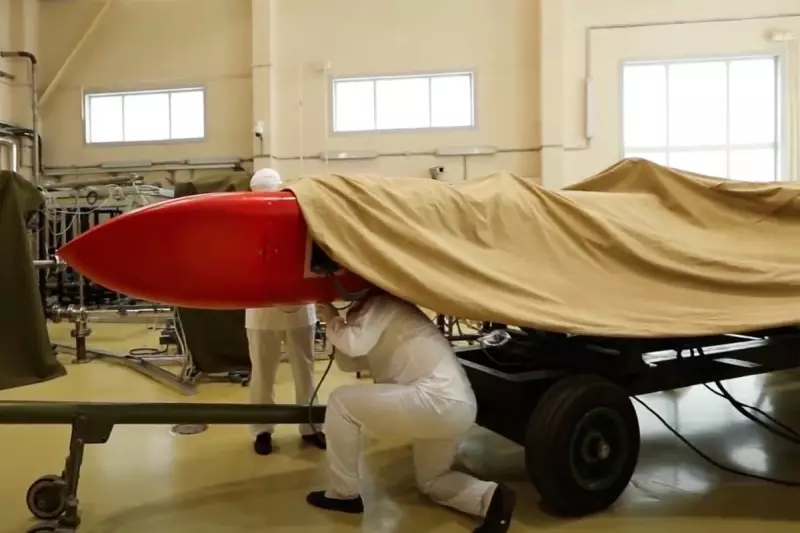
Russia has reportedly conducted fresh tests of its formidable Burevestnik nuclear-powered cruise missile, a weapon system that President Vladimir Putin claims could render Western defence systems obsolete. The development marks a significant escalation in Moscow's strategic weapons programme amid ongoing tensions with NATO countries.
The Unstoppable Weapon: Burevestnik's Capabilities
What makes the Burevestnik particularly concerning for military analysts is its revolutionary propulsion system. Unlike conventional missiles, this cruise missile employs a small nuclear reactor, granting it theoretically unlimited range. This means it could potentially circumnavigate the globe multiple times while avoiding traditional missile defence networks by flying complex, unpredictable routes.
"This is precisely the weapon that can defeat any missile defence system," President Putin declared during a recent address, underscoring the strategic importance Moscow places on the programme.
Recent Testing Activity and International Response
According to multiple defence sources, recent testing has occurred at a remote facility in the Russian Arctic. While official details remain scarce, satellite imagery and intelligence reports suggest increased activity around known testing sites, indicating the programme is advancing toward operational deployment.
The development has raised alarm bells among Western security officials. A NATO representative, speaking on condition of anonymity, stated: "The Burevestnik represents a fundamental shift in strategic weapons technology. Its potential to bypass our early warning systems presents a significant challenge to continental security."
Technical Challenges and Environmental Concerns
Despite Putin's confident announcements, the Burevestnik programme has faced substantial technical hurdles:
- Reliability of the miniature nuclear reactor in flight conditions
- Radiation containment and environmental safety
- Guidance systems for extreme long-distance missions
- Weapon system integration and deployment logistics
Environmental groups have expressed grave concerns about the ecological impact of testing nuclear-powered weapons. "Any accident or malfunction could result in catastrophic radioactive contamination," warned a spokesperson for Greenpeace International.
Global Strategic Implications
The successful deployment of Burevestnik would fundamentally alter global power dynamics. Military analysts suggest that such weapons could:
- Neutralise current missile defence investments by Western nations
- Provide Russia with unprecedented strategic strike capabilities
- Trigger a new arms race in advanced weapons technology
- Complicate nuclear deterrence strategies worldwide
As tensions continue to simmer in Eastern Europe and beyond, the advancement of Russia's superweapon programme adds another layer of complexity to an already volatile international security landscape.





